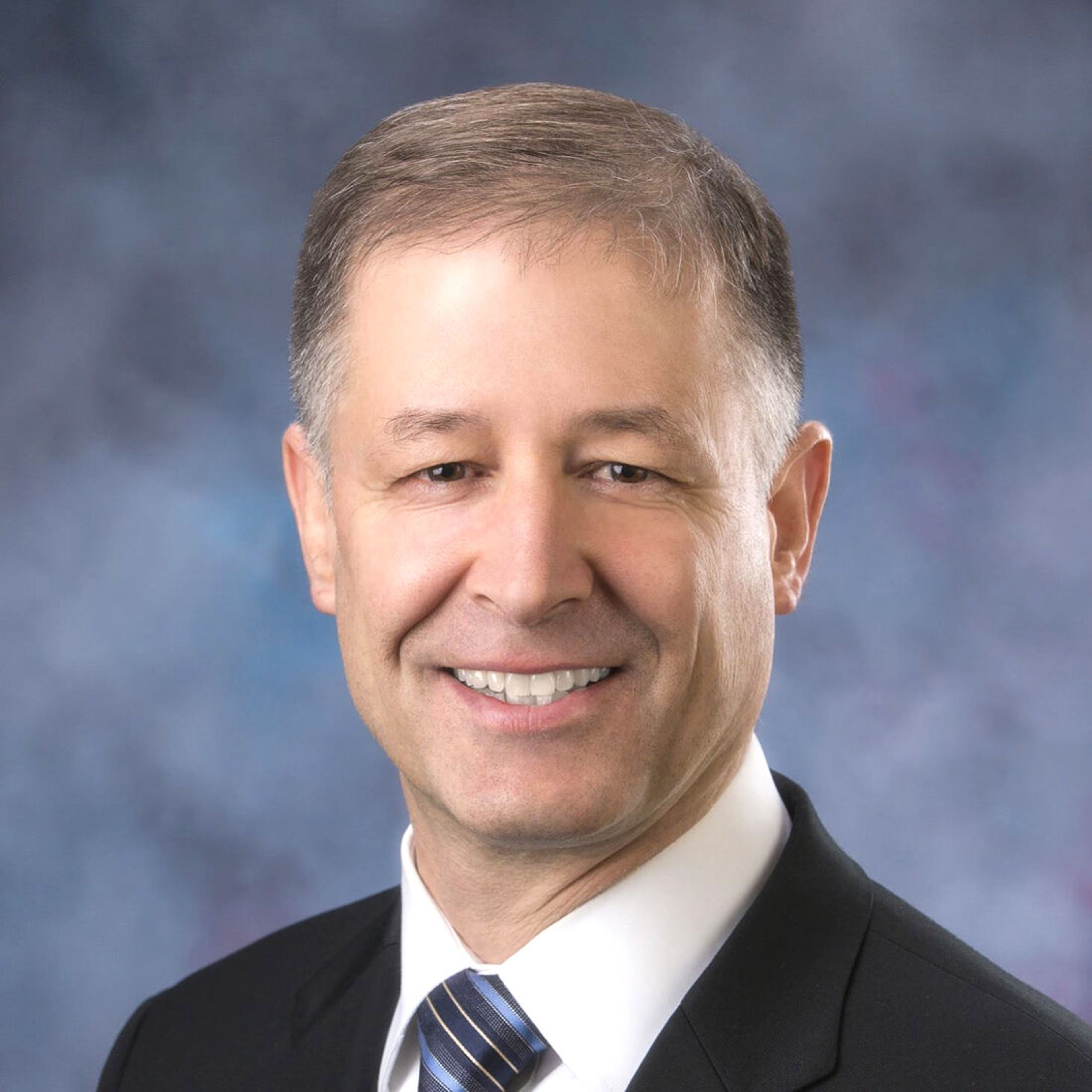Questions arise on Pullman biodiesel proposal
Some neighbors are worried about noise, pollution and water use
Plans for a proposed biodiesel plant that would create 44 jobs in Pullman are proceeding in spite of objections from neighbors who live near the site where it could be constructed.
An escalation of pollution, noise and water use, as well as the potential for explosions, were among the concerns raised by about 10 people at a Monday meeting of the Port of Whitman County Commission in Colfax.
The commission has received a $5 million loan from the Washington State Community Economic Revitalization Board to acquire property for a Agriculture Advancement Center, where the biodiesel plant would be the anchor tenant.
The site for the 550,000-square-foot facility is on farm ground southeast of the intersection of U.S. Highway 195 and Wawawai Road. It would have room for businesses besides the biodiesel plant that would manufacture 10.8 million gallons of B100 biodiesel each year made from canola seeds grown on the Palouse.
It would also annually produce 60,000 tons of seed meal and 900,000 gallons of propanediol, which is used to manufacture products such as plastics.
The commission has offered $3.8 million to buy 184 acres, said Port Executive Director Kara Riebold.
Most of the land is in the city limits of Pullman, and Riebold said the transaction is contingent on it being rezoned for heavy industrial and commercial activities.
Present zoning allows residential and commercial uses. As of midday Monday, the port’s application for the rezone hadn’t been submitted to the city of Pullman.
The port would spend another $5 million to $6 million on infrastructure, including roads, sewer, water, electrical and telecommunications, Riebold said.
In addition to the rezone and the investment by the port, the plant would need millions of dollars from investors for it to move forward, said Brian Kraft, chief technology officer of AgTech OS and assistant vice president of innovation and research engagement at Washington State University.
Construction of the plant is anticipated to take one to two years once permits are approved.
The port chose a site close to the city so the plant could connect with the city of Pullman’s water system since getting water rights can be difficult in the state of Washington.
The plant would use 10,000 gallons of water per day, the equivalent of about what 50 households consume, Kraft said.
The proposal isn’t sitting well with many of those who live close to the proposed site, according to people who spoke during a public comment portion of Monday’s meeting.
Kraft and Richard Parnas, chief engineer of AgTech OS, addressed the issues raised, noting that safety and sustainability are guiding the decisions about the proposed operation.
The plant in Pullman would be AgTech OS’s first, but Parnas is working on a project with a different company that is completing a biodiesel plant in Danbury, Conn., that uses brown grease, a left over from waste water treatment.
The two primary causes of fires at biodiesel plants — glycerol storage and methanol storage and transfer —won’t be an issue at AgTech OS, Kraft said.
“Methanol storage and transfer is going to be minimized because of the reactor type,” he said. “We’re not going to be storing (glycerol) because we’re going to be converting it (to propanediol).”
The facility will be powered by a mix of solar and biomass energy.
“A big part of the cost of biodiesel is power and we’re eliminating that by using solar,” Kraft said.
The products manufactured at the plant are safe, Kraft and Parnas said.
“You can drink (the biodiesel),” said Parnas, a retired chemical engineering and environmental science professor who was at the University of Connecticut for about 20 years.
“It’s nontoxic and it’s basically almost like vegetable oil except it’s a lower viscosity that works better in engines,” Parnas said. “It’s also very, very biodegradable. … If you have a fuel spill with biodiesel, you just take big push brooms and push it off to the side of the road.”
Similarly, Propanediol is safer than many chemicals found in households like Windex, Parnas said.
The noise will be “nominal” outside of the plant, Kraft said.
A number of measures will be employed to control any smells such as crushing canola seeds inside, Parnas said.
“We can handle the odor with off-the-shelf odor control systems,” he said. “There’s very little odor we even have to worry about to start with.”
The operations will be financially sustainable too, the men said.
One reason is the diversity of its products, which will include a software process modeling product that will be licensed to other people, Kraft said.
“We’ve done a really tight look at the economics and this flies without subsidies,” he said.
Williams may be contacted at william@lmtribune.com or (208) 848-2261.







